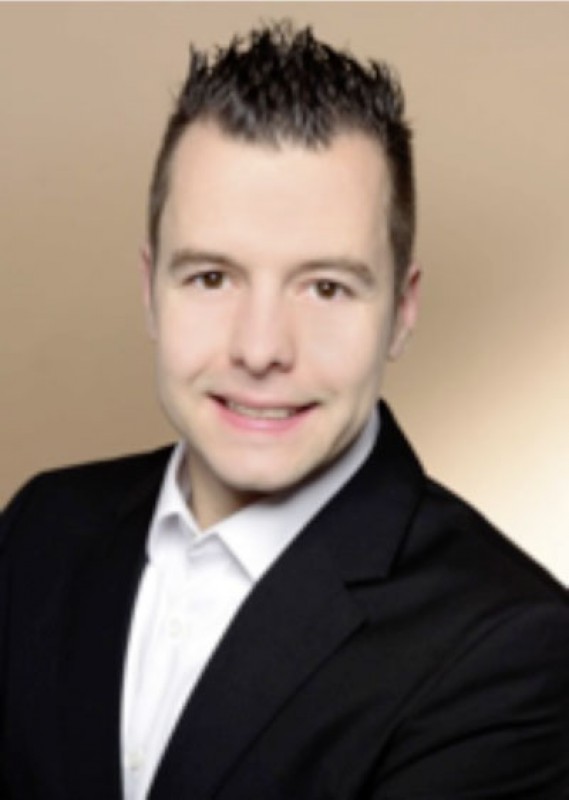KLI Colloquia are invited research talks of about an hour followed by 30 min discussion. The talks are held in English, open to the public, and offered in hybrid format.
Fall-Winter 2025-2026 KLI Colloquium Series
Join Zoom Meeting
https://us02web.zoom.us/j/5881861923?omn=85945744831
Meeting ID: 588 186 1923
25 Sept 2025 (Thurs) 3-4:30 PM CET
A Dynamic Canvas Model of Butterfly and Moth Color Patterns
Richard Gawne (Nevada State Museum)
14 Oct 2025 (Tues) 3-4:30 PM CET
Vienna, the Laboratory of Modernity
Richard Cockett (The Economist)
23 Oct 2025 (Thurs) 3-4:30 PM CET
How Darwinian is Darwinian Enough? The Case of Evolution and the Origins of Life
Ludo Schoenmakers (KLI)
6 Nov (Thurs) 3-4:30 PM CET
Common Knowledge Considered as Cause and Effect of Behavioral Modernity
Ronald Planer (University of Wollongong)
20 Nov (Thurs) 3-4:30 PM CET
Rates of Evolution, Time Scaling, and the Decoupling of Micro- and Macroevolution
Thomas Hansen (University of Oslo)
RESCHEDULED: 18 Dec (Thurs) 3-4:30 PM CET
Chance, Necessity, and the Evolution of Evolvability
Cristina Villegas (KLI)
8 Jan 2026 (Thurs) 3-4:30 PM CET
Embodied Rationality: Normative and Evolutionary Foundations
Enrico Petracca (KLI)
15 Jan 2026 (Thurs) 3-4:30 PM CET
On Experimental Models of Developmental Plasticity and Evolutionary Novelty
Patricia Beldade (Lisbon University)
29 Jan 2026 (Thurs) 3-4:30 PM CET
Jan Baedke (Ruhr University Bochum)
Event Details

Topic description:
Stromatolites are layered marine carbonates that were directly precipitated from ancient seawater in the presence of microorganisms and are the oldest so far known geological remnants of microbial life on Earth. During the course of the KLI colloquium talk, I will highlight the application and the potential of geochemical proxies, in particular the Rare Earth Elements (REE) and radiogenic Sm-Nd isotope systems, in marine chemical sediments to evaluate the physico-chemical conditions of ancient environments, i.e. potential habitat in which the earliest life on Earth may have thrived and established. Setting the reconstructed habitat in relationship to suggested biochemical models of the origin of life is essential to evaluate, if the stromatolite environment or similar habitats may be suitable for the origin establishment of life on our Earth.
Biographical note:
Sebastian Viehmann studied geology/palaeontology at the Rheinischen Friedrich-Wilhelms Universität Bonn and focused on the geochemical characterisation of 3.8 and 2.7 billion year old marine chemical sediments during his diploma thesis. He built up on this topic during his PhD at the Jacobs University Bremen and reconstructed the physico-chemical conditions of the atmosphere and hydrosphere on Earth in the time frame between 3.8 billion years ago until 534 million years ago. In summer 2017, he moved to the University of Vienna to merge the topics of biochemistry and geochemistry. He will apply geochemical analyses of stromatolites, i.e. marine layered carbonates that were precipitated in the presence of the microorganisms, to further understand the environmental conditions and habitats of the earliest life that is preserved in the geological rock record.


